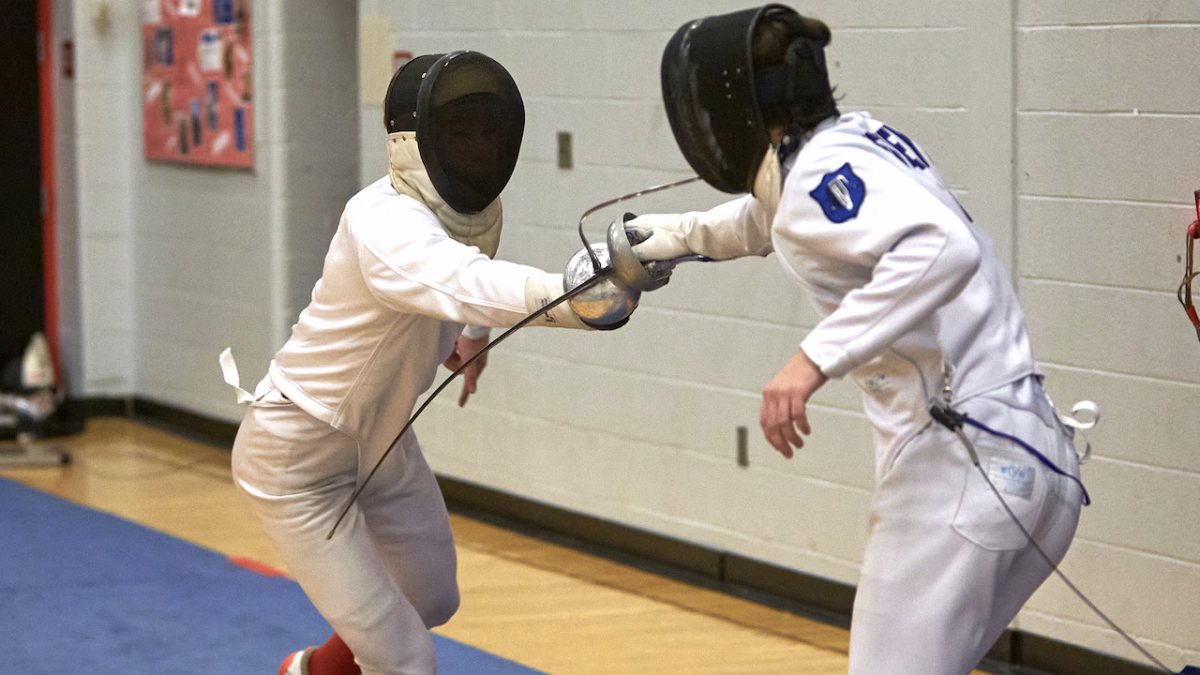What It Takes To Be An AP Student
Students in Dr. Defina’s AP Biology class participate in lab. (Photo taken from https://www.wayneschools.com/Page/3752)
January 3, 2019
The Advanced Placement program has been created for rigorous, college-level courses designed to replace college credits as well as to save money and time. Overall, from the College Board statistics from 2016, over 2.7 million students take AP classes and 4.9 million exams. The College Board can regulate those who deserve credit by taking an exam in May that tests the skills you’ve accumulated in the course. The advanced classes help boost college applications, show passion for specific subjects, and save money in college (which is very expensive!).
As a student at Wayne Hills, there are numerous opportunities to become involved in AP and honors courses. There are over 40 AP and honors classes to choose from, with diversified subjects from AP photography to AP Biology to honors languages. Our school has just been placed on the College Board’s 9th annual AP District Honor Roll for Significant Gains in Student Access and Success. Currently, our school has a total of 275 students enrolled in approximately 635 AP courses. This honor does well to show how great the AP program at Hills has been increasing the success rates of the students in the district with exam scores of 3 and above and increasing the accessibility to new and challenging classes.
AP classes require serious motivation and devotion to academics; these courses usually encompass numerous assessments and hours of homework each night. Junior Hope Lee comments, “While AP classes may be challenging and sometimes stressful, contrary to what some may think, I am still able to balance my life well socially and in my academics. My homework load fluctuates, but I usually spend about four hours each night on homework alone. Overall, taking AP classes is a rewarding experience.” Hope takes AP United States History, AP Calculus, AP Physics, Honors anatomy, Honors English, and Honors Spanish.
Sophomore Mannut Singh believes, “AP classes allow me to explore a topic in more specificity and it forces me to have a more complex understanding due to the AP curriculum. I spend about 2-3 hours per night on homework, as well as numerous hours over the weekend in advance work to focus on soccer. It is hard to be constantly involved and attentive to the material, but you will be left behind without meticulous studies. Time management is essential to handling extracurriculars, like sports.”
Overall, as an AP student myself, although the courses are intimidating and sometimes frustrating, AP classes have more benefits than disadvantages for students willing to push themselves and work hard. The Advanced Placement program is also beneficial since it provides numerous books and online resources to help enhance studying methods and materials in addition to the teachers’ materials. The system in place at Wayne Hills invites any student welcome to demanding problems, workload, and concepts to take the challenge.







